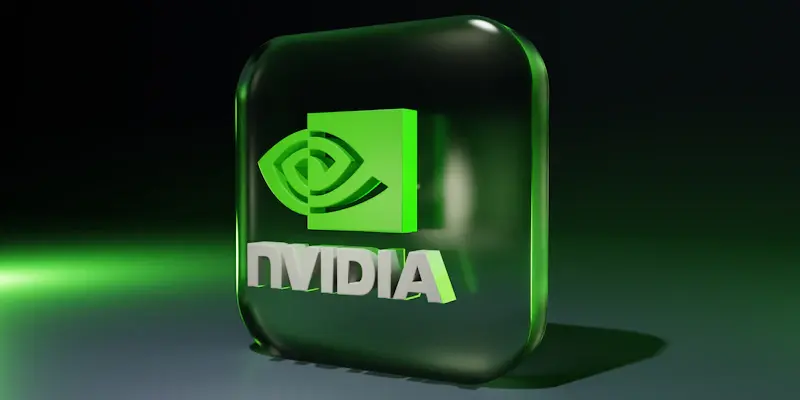Nvidia, a leader in AI and GPU computing, is believed to be gearing up for a significant foray into the cloud computing market, a move that could challenge established giants like Amazon Web Services (AWS), Microsoft Azure, and Google Cloud. As Nvidia contemplates this strategic pivot, the tech industry is buzzing with speculation and interest over the potential implications, trends, and impacts.
Nvidia’s expertise in high-performance AI and data processing could enable the company to provide specialized cloud solutions that meet the evolving demands of modern enterprises, particularly those focused on AI-driven applications. This potential entry could significantly disrupt the cloud computing landscape. If successful, Nvidia could leverage its superior technology to carve out a niche within the industry, setting new standards for innovation and performance.
Shares of Nvidia have responded positively to reports about its potential cloud ambitions, reflecting strong investor confidence. Analysts like Madison Mills and Josh Schafer have examined how Nvidia’s move could influence market dynamics, redefining its role in technology beyond traditional hardware. This shift suggests multiple key themes worth exploring.
Market Disruption
Nvidia’s entry into the cloud market could introduce fierce competition, leveraging its cutting-edge technology to possibly disrupt existing market leaders like AWS. Current cloud computing giants may need to reassess their strategies and offerings to maintain their market positions. This competition could drive further innovation and improvements across the sector.
Technological Synergy
Nvidia’s deep expertise in AI and GPU technology could lead to superior cloud services, attracting enterprises that prioritize advanced AI-driven applications. This focus on AI might set new benchmarks for what cloud services can achieve, pushing the industry towards more specialized and high-performing solutions.
Diversification
For Nvidia, entering the cloud market means diversifying its revenue streams and reducing dependency on hardware sales. This diversification could provide more stability and potentially foster long-term growth by tapping into the lucrative cloud services market, which continues to expand at a rapid pace.
Intense Competition and Resource Allocation
Competing with entrenched giants such as AWS, Microsoft Azure, and Google Cloud would not be without significant challenges. Nvidia would need to allocate substantial investments and resources, potentially shifting focus from its primary business areas. Successfully navigating this competitive landscape would require strategic planning and significant effort.
Sustainability
With a growing emphasis on sustainability in the tech industry, Nvidia may incorporate eco-friendly practices into its cloud strategy. Innovations in energy-efficient AI processing and sustainable cloud infrastructure could enhance its market appeal and meet increasing demands for greener solutions. This focus on sustainability might also provide a competitive edge in the market.
Security and Compatibility
As security remains a crucial aspect of cloud services, Nvidia will need to address potential security vulnerabilities and ensure compatibility across various platforms to gain customer trust. Effective security measures and seamless integration would be essential for attracting and retaining clients in a crowded market.
Industry Impact
Nvidia, a key player in AI and GPU computing, is reportedly gearing up for a major entry into the cloud computing market. This move could pose a significant challenge to established giants like Amazon Web Services (AWS), Microsoft Azure, and Google Cloud. As Nvidia considers this strategic shift, the tech community is rife with speculation about the potential implications and industry impacts.
Nvidia’s expertise in high-performance AI and data processing positions it well to offer specialized cloud solutions tailored to the evolving needs of modern enterprises, especially those focused on AI-driven applications. This potential foray could greatly disrupt the cloud computing space. If successful, Nvidia could leverage its advanced technology to create a niche in the industry, setting new benchmarks for innovation and performance.
Investor confidence in Nvidia’s cloud ambitions is strong, as reflected in the positive response of its shares. Analysts like Madison Mills and Josh Schafer have explored how Nvidia’s move could reshape market dynamics, expanding its role in technology beyond traditional hardware. This shift highlights several key themes worth exploring.

